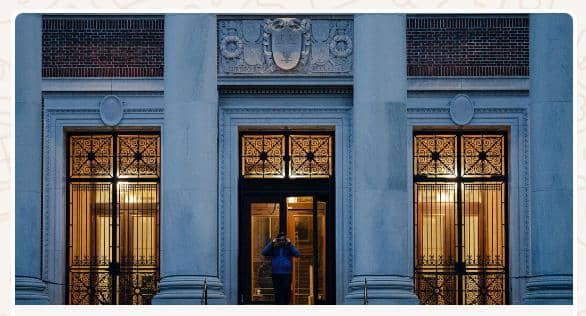By Burnett Munthali
Breaking news has surfaced involving a high-stakes clash between the Trump administration and one of the most prestigious universities in the world.
Officials from former President Donald Trump’s administration have announced the freezing of $2.2 billion in federal grants allocated to Harvard University.
This dramatic move came after Harvard refused to comply with specific demands made by the administration.

The nature of these demands has not been officially disclosed in full, but sources close to the matter suggest they involved ideological alignment and policy compliance.
Federal officials claim the university’s resistance to cooperating with administrative directives left them no choice but to impose financial consequences.
The freeze affects a wide range of research and academic programs funded through various federal agencies.
Harvard, which relies heavily on federal grants to support scientific research, public health initiatives, and educational access, is now facing a serious financial crisis.
University administrators have described the decision as politically motivated and deeply damaging to the nation’s intellectual and scientific development.
The Trump administration, during its tenure, repeatedly clashed with academic institutions over matters related to free speech, immigration policy, and ideological neutrality.
This latest action, however, marks an unprecedented escalation in the long-standing tensions between the White House and academia.
Critics of the administration argue that this move undermines academic independence and sets a dangerous precedent for federal overreach.
Supporters of the freeze claim it is a necessary step to hold elite institutions accountable to the American taxpayer.
Harvard University has issued a statement strongly condemning the decision, calling it an attack on higher education and the values of academic freedom.
University officials have vowed to pursue legal action if the freeze is not reversed in a timely manner.
Legal scholars warn that the situation could lead to a constitutional confrontation over the separation of powers and the autonomy of academic institutions.
Meanwhile, researchers and students at Harvard have expressed concern and confusion about how the funding freeze will affect their work and futures.
Many ongoing projects, particularly in areas such as medical research and climate science, are now at risk of being delayed or permanently halted.
The academic community across the United States has rallied in support of Harvard, viewing the incident as a broader threat to research and education nationwide.
Prominent voices in academia are calling on Congress to intervene and ensure that federal funds are not used as political leverage.
The Trump administration’s move is being analyzed not just as a bureaucratic maneuver, but as a calculated expression of political pressure.
Observers point out that the decision comes amid a larger effort by Trump-era officials to reshape American institutions along certain ideological lines.
If the freeze remains in place, Harvard could be forced to seek alternative funding sources or scale back vital programs.
The long-term effects of this financial standoff could ripple beyond Harvard, potentially influencing how universities engage with federal agencies moving forward.
As legal teams prepare for potential court battles and policymakers debate the implications, the standoff continues to capture national and international attention.
This development underscores the fragile balance between government authority and institutional autonomy in a polarized political environment.
For now, the future of $2.2 billion in research and academic grants remains uncertain, hanging in the balance between legal appeals, public pressure, and political will.


